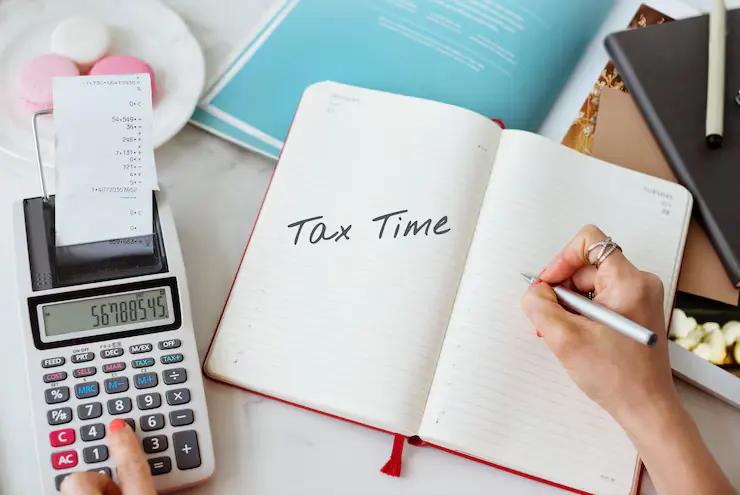Auction Tax Benefits: What Sellers Need to Know in Texas

In today’s fast-paced world, sellers in Texas are moving to auctions to sell items. While there are many reasons behind this shift, a significant one is auction tax benefits. If you are considering auctioning property or goods, understanding the benefits of auction tax in Texas can help you make more informed financial decisions. The following comprehensive overview talks about the tax advantages of auctions.
Why are Sellers Choosing Auctions in Texas?
There are many reasons behind this shift. Auctions create a streamlined way of selling an item. It creates a feeling of urgency and demand that makes offloading an item easy.
Additionally, you do not have to deal with time-wasters. Auction floors attract only serious buyers, and with every hammer fall, sellers can earn profits. Auctions also come with profitable tax implications, which maximize the profit.
Auction Taxes that Every Seller Must Know in Texas 2025
The following are some of the top taxes that every seller must be aware of:
- Capital Gains Tax
One of the biggest tax-related concerns for sellers is the Capital Gains tax. If you are selling an asset, you will qualify for Capital Gains tax treatment. Since the tax rates are considerably lower than the income tax rates, they help reduce the overall tax burden. Take a look at the tax rates:
- Short-term Capital Gains: This applies to assets that have been held for a year. The rate is between 10% and 37%, as per your federal income tax.
- Long-term Capital Gains: For assets that have been held for more than a year, the applicable tax rates can be either 0%, 15%, or 20% according to the taxable income of the seller.
- Depreciation Recapture
If you are planning to sell a rental property or other depreciated asset, you will have to pay taxes on the claimed depreciation deduction. The maximum tax rate can reach 25%, and this may also increase your overall tax liability.
Auction Tax Benefits for Sellers in Texas 2025
While federal taxes will apply to all Texas sellers, here are some tax benefits that they can receive as well:
- 1031 Exchange
If you are selling investment or commercial real estate at auction, you will qualify for a 1031 Exchange or Like-Kind Exchange. Per the provision, you can defer capital gains by reinvesting your profit into another similar property. This way, you can grow your investment while postponing your tax liabilities. However, it is important to know that the 1031 Exchange is only valid for real estate.
- Primary Residence Exclusion
If you have placed your primary residence in auction, you will be eligible to reduce $250,000 (single filers) or $500,000 (married filing jointly) in capital gains. But there are two conditions. Firstly, the seller should have owned and loved the home for 2 to 5 years. The seller has not utilized this exclusion in the last 2 years.
Note: Though there are several exemptions and exclusions available for sellers, not everyone is eligible for all. Reach out to a Certified Public Accountant and tailor an auction tax strategy to gain maximum benefits.
Final Words
Selling through auctions in Texas offers more than profit; it opens the door to auction tax benefits in Texas. Before scheduling your sale, speak with a tax advisor first because, with the right strategy, you can turn a one-time sale into a profitable financial benefit.





